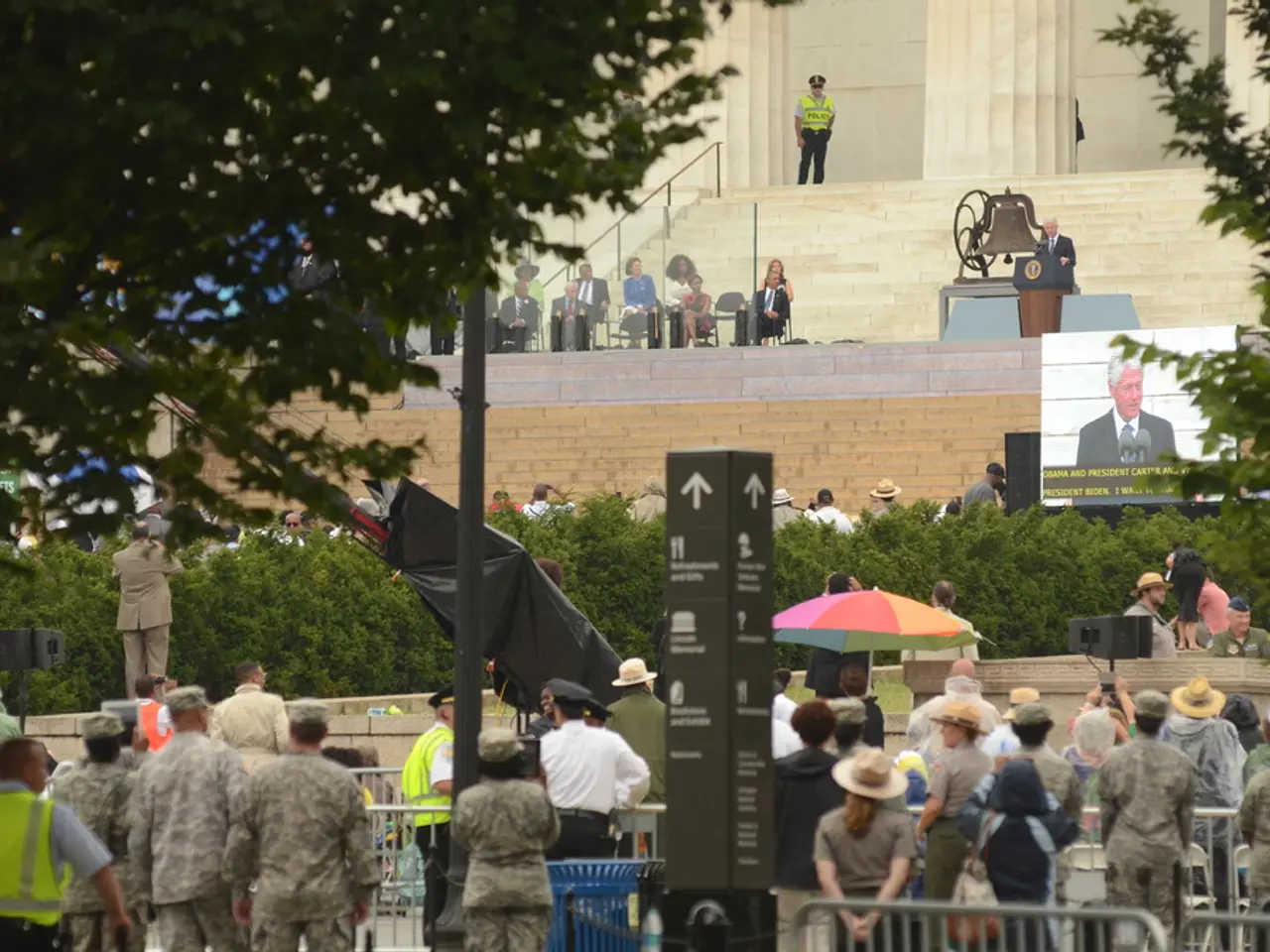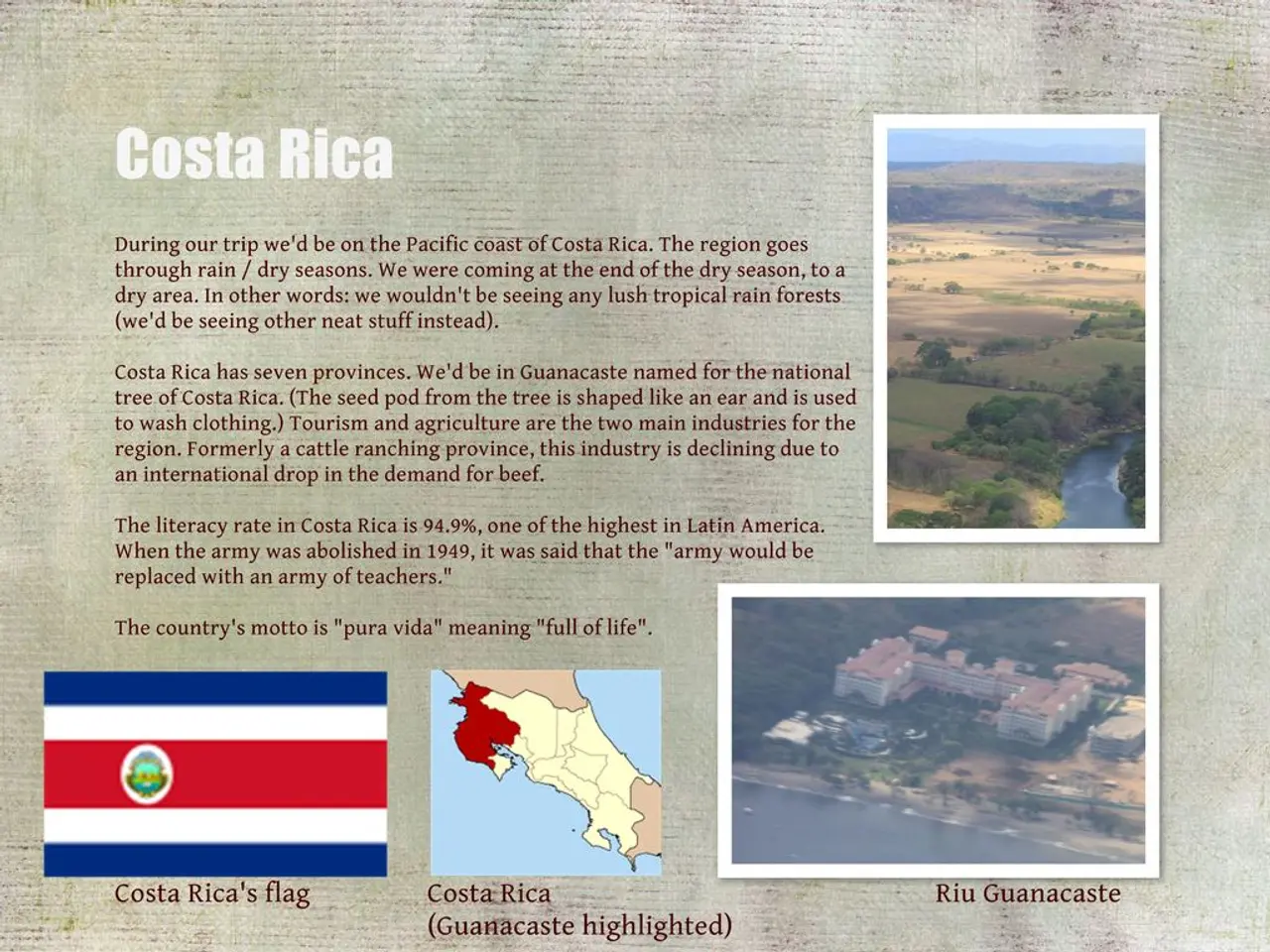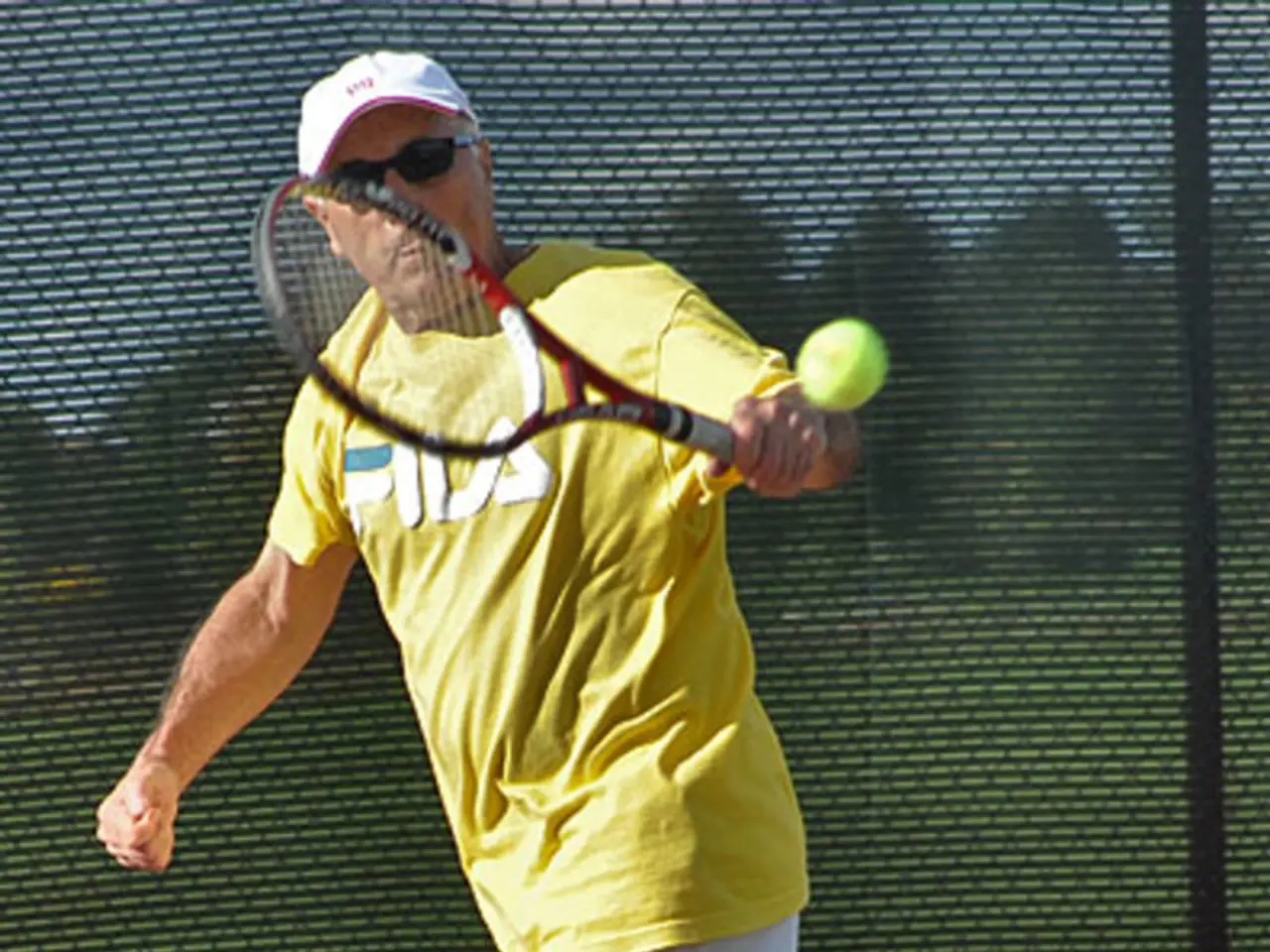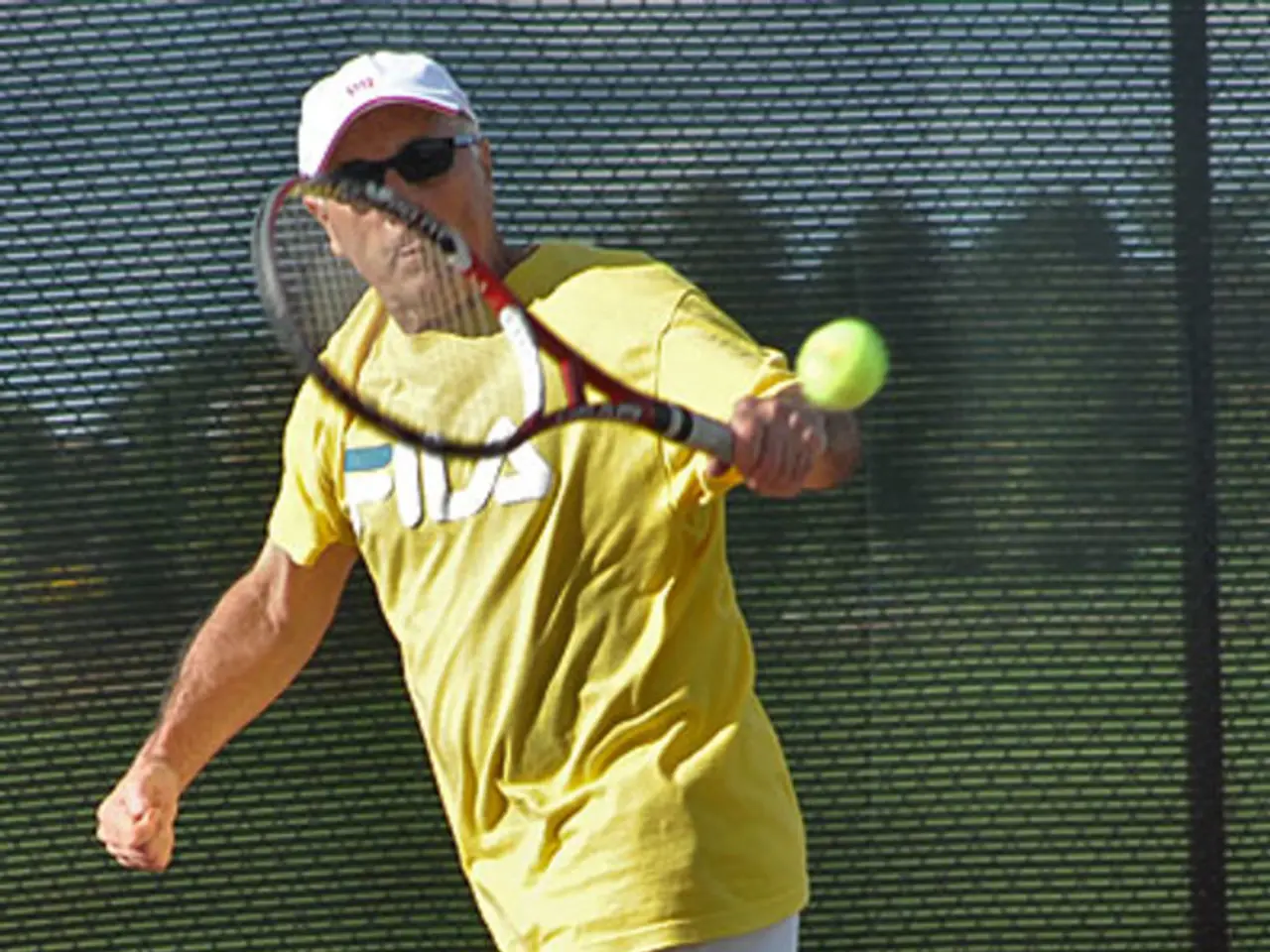Inadequate Cooperation Between Communities and Minor Migrants Concerns Clavijo, Fiscal Warns of Potential Implications
Unyielding Stance on Migrant Minors: Clavijo Slams Non-Cooperation
In an unflinching statement, Fernando Clavijo, the head honcho of the Canary Islands Government, declared that it would be downright ludicrous and uncaring if the autonomous communities neglected to cooperate in the distribution of unaccompanied minor migrants. He further emphasized that such inaction would not only be immoral but also illegal, potentially leading to legal action in the courts.
Clavijo has also intimated that any national police officer who refuses to collaborate in this matter would face the music - their case would be handed over to the Public Prosecutor's Office. The Judicial Power or the Prosecutor for Minors would then order the collection of the problematic officer.
Political Posturing under the Microscope
Clavijo didn't stop there; he lambasted those autonomous communities that engage in political posturing by refusing to host these minors. He fervently hopes that the upcoming Sectoral Conference on Childhood this Friday will ditch the theatrics and provide the necessary cooperation with the archipelago.
Legal Backing and Agility
Clavijo, who also serves as the Secretary-General of the Canarian Coalition, anticipates that two more decrees will be approved. These decrees, warranting no Congress validation, are designed to beef up the speed and efficiency of the development and distribution of decrees, as well as the transfer of documents. Moreover, they provide public officials with the legal authority to make the transfer.
A Clear Path Forward
The agreement regarding asylum-seeking minors between the Canary Islands Government and the central Spanish Government is now "clear," according to Clavijo, and he proudly declared that it satisfies the Supreme Court's directive. His motivation? Simple: let's just get cracking! Thanks to this agreement, a glimmer of hope is beginning to appear.
Navigating the Maze of Cases
Among the measures agreed between the two governments, an itinerary and the steps to follow for attending to the minors have been mapped out. Each case will be meticulously studied, and decisions will be made based on the unique circumstances of each child.
A joint administrative committee will convene weekly to determine the most apt placement across Spanish territory for each minor. The minor may also elect to remain in Canarias if it serves their best interests.
In essence, the agreement between the Canary Islands Government and the central Spanish Government represents a cooperative mechanism that ensures proper care, administrative processing, and territorial distribution of unaccompanied migrant minors who have requested asylum, dealing head-on with a pressing humanitarian and legal challenge faced by the islands.
- The growing political debate surrounding the distribution of unaccompanied minor migrants, as highlighted by Fernando Clavijo, includes discussions about the illegality of non-cooperation among autonomous communities, potentially leading to legal action in courts (policy-and-legislation, politics, general-news).
- In an effort to streamline the administrative processing and territorial distribution of unaccompanied migrant minors, the Canary Islands Government and the central Spanish Government have agreed upon a clear path forward, which includes the creation of a joint administrative committee to study each case individually and determine the most suitable placement, ensuring proper care and legal backing (average, policy-and-legislation, general-news).






